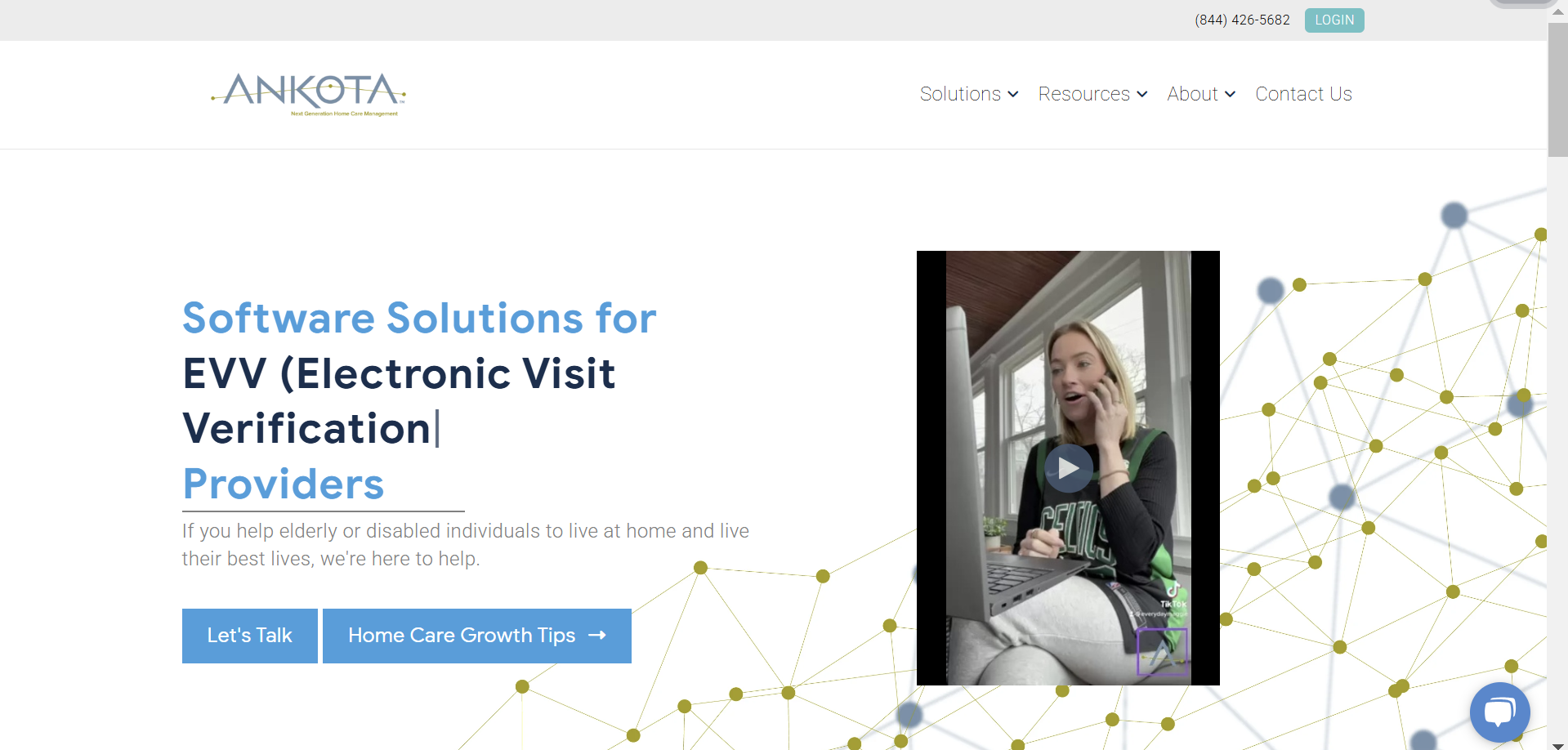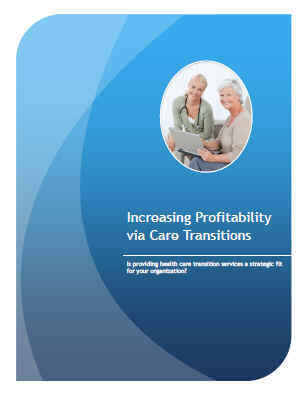At Ankota, we understand that client retention is crucial. Shockingly, according to the Home Care Pulse benchmark report, on an industry wide basis 1 out of 2 clients leave every year.. Discover what your clients are saying about your agency behind closed doors and what they wish you’d do to improve.
Keep reading to find out what home care clients despise most and ways to combat such grievances.

1. Feeling Seen as a Task
Caregiving goes beyond fulfilling basic tasks—it’s about offering genuine care and building meaningful connections. Clients seek not only physical assistance but also companionship that helps them feel valued and respected. Caregivers, often a client’s primary social interaction, have a unique chance to create impactful relationships while providing care with dignity and compassion. A crucial step in fostering these connections is bridging generational gaps by pairing caregivers with clients who share similar life experiences or personalities, emphasizing the importance of a diverse and empathetic workforce.
How to Prevent This Complaint:
- Focus on Building Connections: Dedicate time to fostering genuine relationships with your clients by actively listening to their stories and engaging in meaningful conversations.
- Keep Detailed Client Records: For larger client bases, maintain notes on individual preferences and details to personalize interactions and ensure consistency in care.
- Strengthen Your Soft Skills: Pursue training in areas like customer service, attentiveness, and trust-building techniques to enhance your ability to connect with clients and deliver exceptional care experiences.
2. Not Taking Responsibility for Your Actions.jpg?width=250&height=400&name=CTAS%20(16).jpg)
Accountability in care staff is essential for ensuring consistent and reliable caregiving. When accountability is lacking, it can lead to unmet client needs, reduced trust, and a decline in the quality of care. Key issues might include missed tasks, poor communication, or inadequate adherence to care plans. To address this, clear expectations, regular training, and performance monitoring are vital. Encouraging open feedback and fostering a culture of responsibility can help care teams uphold the highest standards and ensure clients feel valued and well-cared for.
How to Prevent This Complaint:
- Soft Skill Training: Emphasize punctuality, manners, and empathy to bridge generational gaps between caregivers and clients.
- Standardized Work Attire: Uniforms or branded clothing promote professionalism and consistency.
- Performance Reviews: Conduct observed shifts with feedback from mentors or supervisors.
- Client Feedback: Regularly check in with clients to ensure care quality aligns with agency standards.
3. Setting Unclear Expectations of Care
Clients are often frustrated when tasks are left unfinished or when caregivers wait for instructions instead of taking initiative. Family members hiring home care agencies expect proactive, comprehensive care without needing to manage or guide the process.
To prevent misunderstandings and disappointment, ensure that clients are fully informed about the scope of services your agency offers. Clearly communicate what they can expect from caregivers, so assumptions don’t lead to unmet expectations or dissatisfaction. Proactive transparency builds trust and improves overall satisfaction.
How to Prevent This Complaint:
- Define Services and Expectations with a Written Agreement: Offer clients a detailed contract outlining your agency’s services, specialties, and policies. This ensures they understand what to expect, avoids miscommunication, and serves as a reference point for addressing concerns.
- Collaboratively Review the Care Plan: Involve both clients and caregivers in reviewing the care plan before services begin. This alignment establishes clear expectations and ensures everyone understands daily responsibilities.
- Standardize Training for Caregivers: Equip all staff with consistent training in essential tasks, like light housekeeping and errands policies, ensuring they fully understand their roles and responsibilities.
4. Inability to Perform Care
Home care demands a versatile skill set, including cooking, cleaning, conversation, transportation, and sometimes medical assistance. While expertise isn’t required, caregivers should be capable of basic cooking tasks, such as making sandwiches, boiling pasta, or frying eggs. These foundational skills, alongside proficiency in other home care responsibilities, ensure that caregivers meet clients' daily needs effectively and deliver well-rounded, dependable care.
How to Prevent This Complaint:
- Openly Communicate with Your Agency: If you're missing a specific skill, inform your agency so they can find a client whose needs align with your current capabilities. Additionally, seek opportunities for growth, such as training or mentorship, to develop the necessary skills. Your agency may provide resources to assist you in building expertise and expanding your caregiving abilities.
5. Caregiver is now properly executing the Care Plan
Clients have care plans to clearly outline expectations and ensure they are matched with the right caregiver. These plans are essential in preventing misunderstandings and ensuring the caregiver meets their needs. Ignoring or deviating from a client's care plan can lead to frustration and dissatisfaction, as clients may feel their preferences and requirements are being overlooked.
How to Prevent This Complaint:.jpg?width=250&height=400&name=CTAS%20(15).jpg)
- Have Care Coordinators meet with the Client to start Service and get specific details about how the client wants the tasks to be performed: If you just tell the caregiver to provide a bath, make breakfast and straighten the living area, they won't know the client's specific preferences.
- Use Initial Visits to Assess Compatibility: During the initial visits, assess the compatibility between the caregiver and client. If concerns arise, request a reassignment to ensure a better match.
- Periodically Review the Care Plan: Regularly review the care plan with your client to maintain alignment and address any changes in expectations.
- Stick to the Care Plan: If modifications are needed, ensure that both the client and your agency contact are informed and involved in the discussion.
We recently welcomed Steve the Hurricane onto the Home Care Heroes podcast to talk about Care Coordinators. Having care coordinators on your team provides a growth path, mentorship, and also helps you grow by being able to staff cases more quickly, and helps you retain clients and caregivers. Check out the episode here.

At Ankota, we are committed to addressing any concerns or grievances that arise by continuously meeting with our home care agency customers on a regular basis to improve our services. A lot of these discussions are just to tell our customers about new features we've added, but we pride ourselves on the fact that a lot of our great features were recommended by our customers and built in collaboration with them.
We're love to be your home care software provider. If you'd like to learn more please contact us to set up a meeting.
Ankota's mission is to enable the Heroes who keep older and disabled people living at home to focus on care because we take care of the tech. If you need software for home care, EVV, I/DD Services, Adult Day Care centers, or Caregiver Recruiting, please Contact Ankota.
.png)
.png)
.png)



.png)
.png)
.png)


